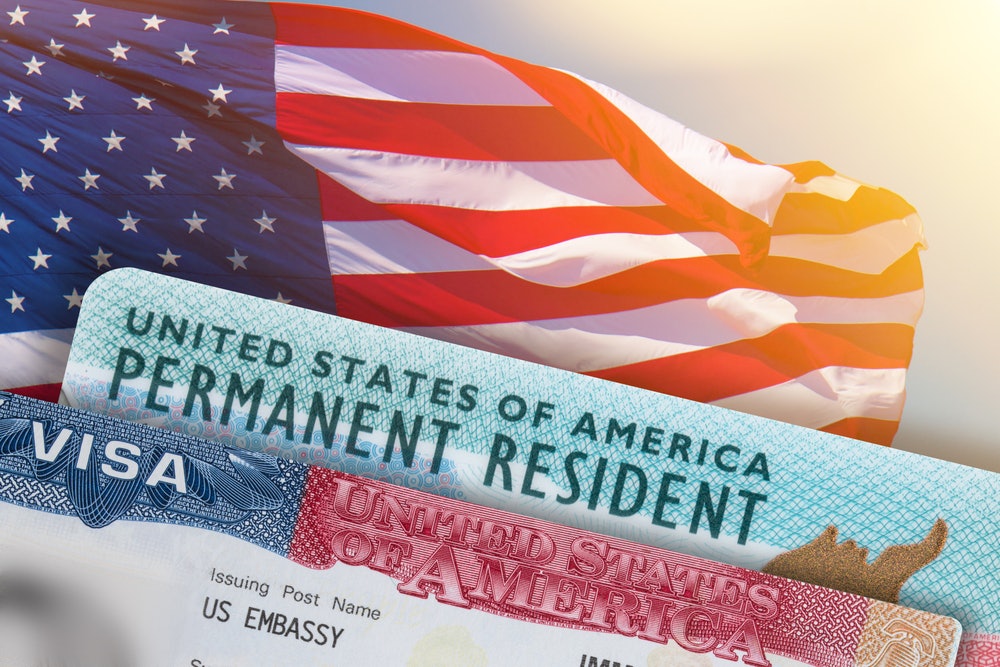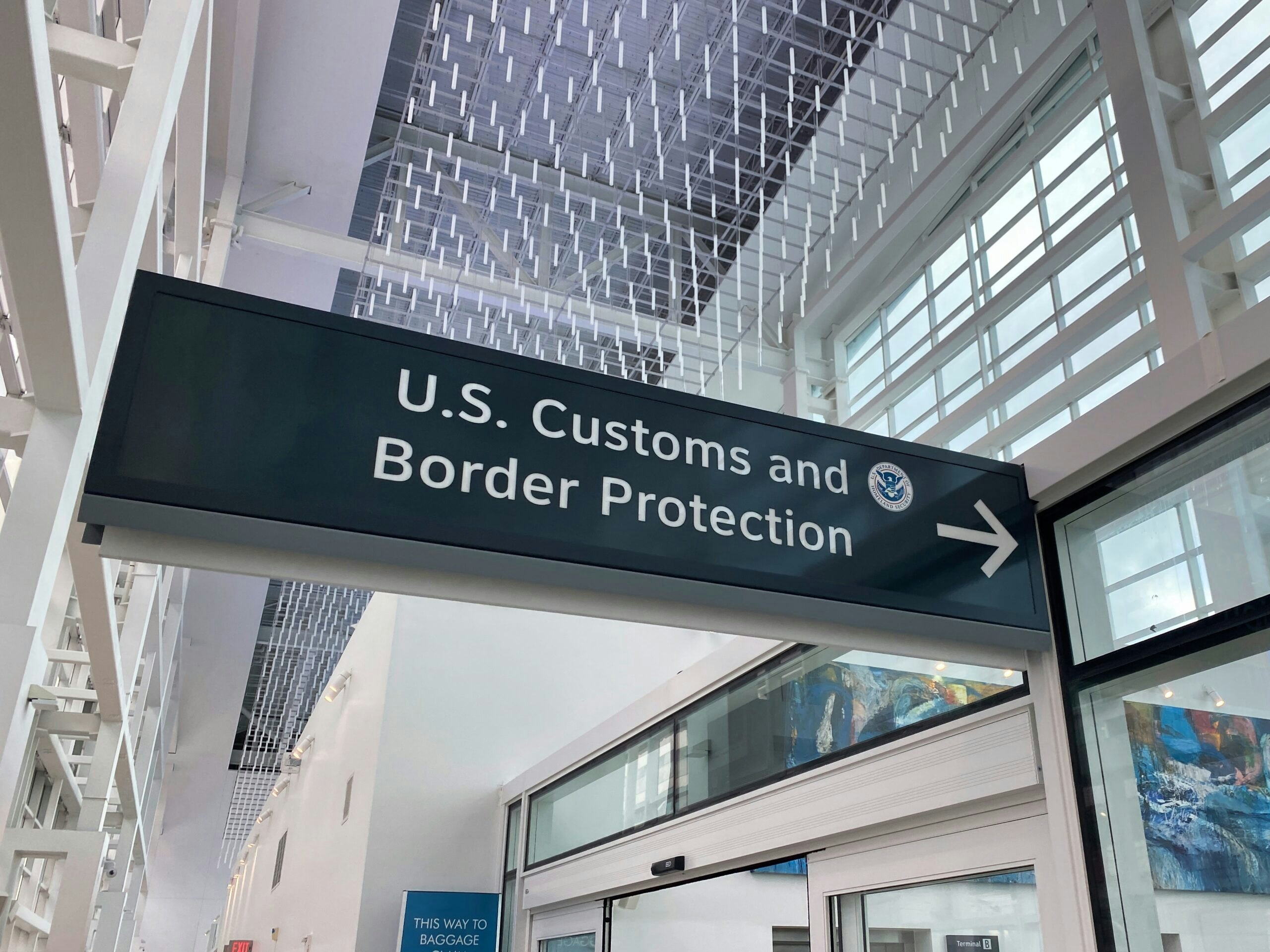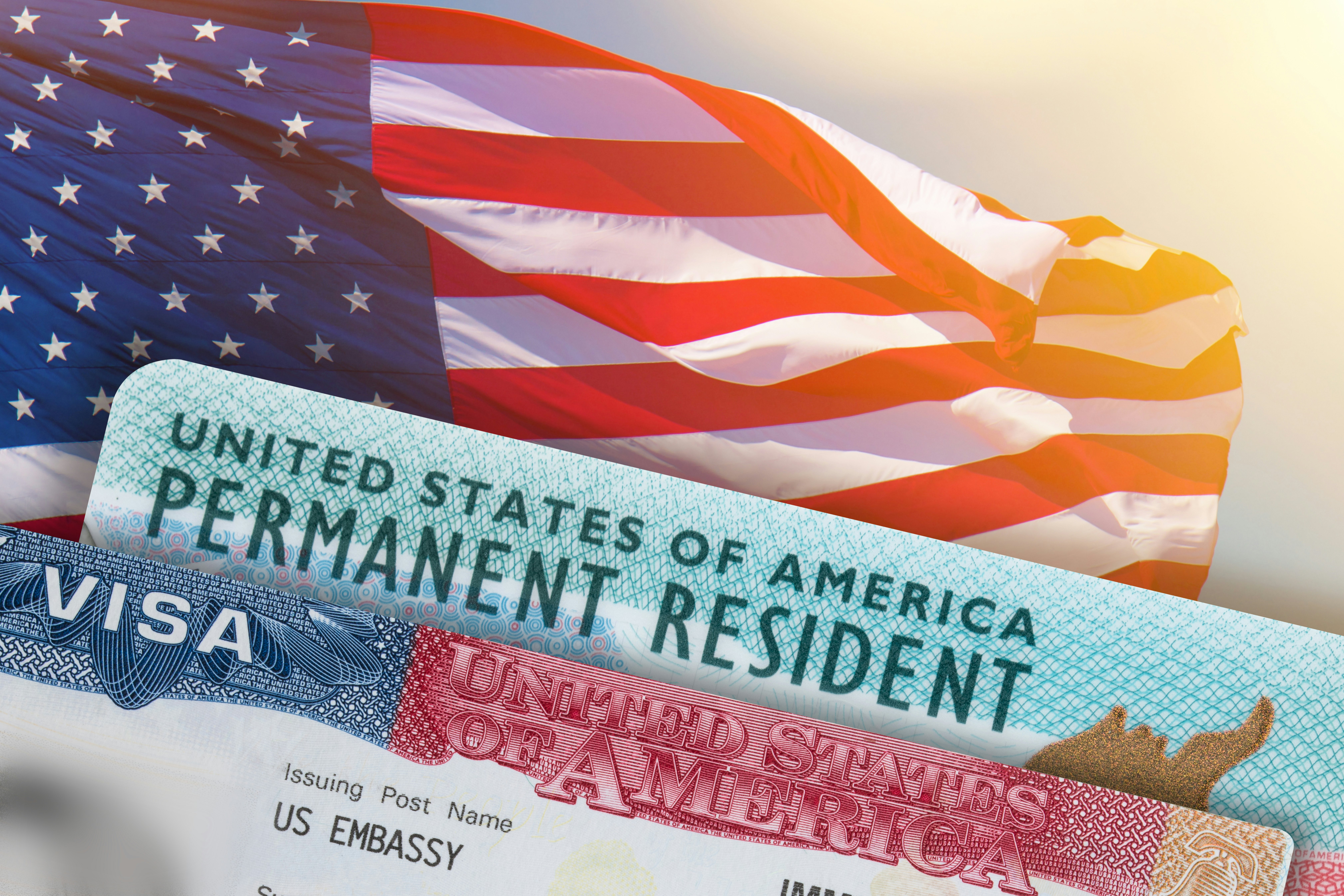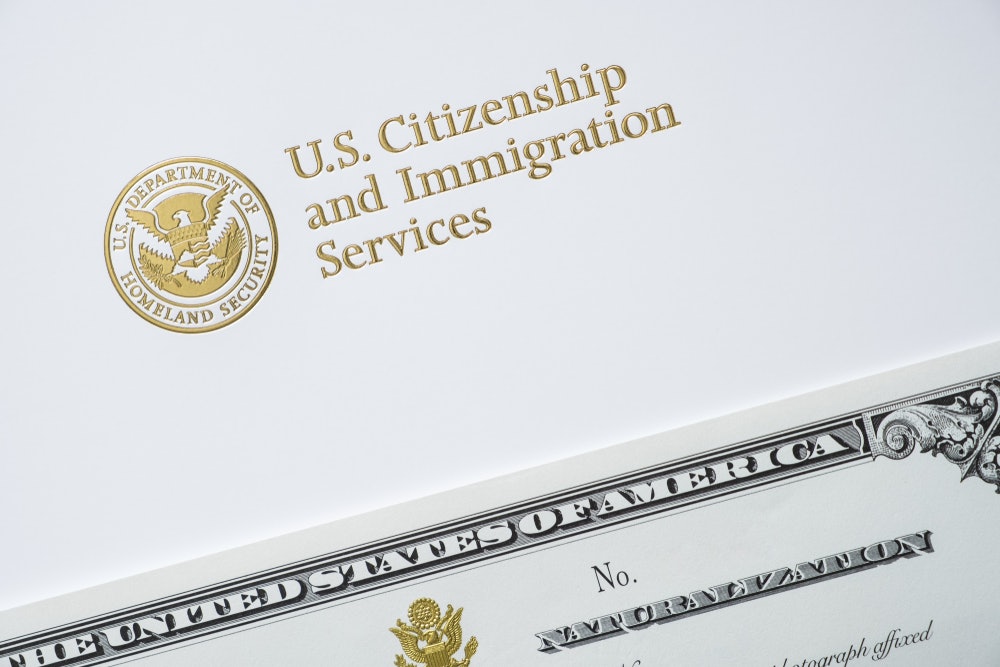Our Recommendations:
- Congress should address labor shortages by expanding legal immigration
- Congress should embrace its role in managing the border
- Congress should pass an earned pathway to citizenship for Dreamers
- Congress should appropriate funding to eliminate green card backlogs
- Congress should adjust the status of Afghan evacuees
- The administration should meet its own refugee resettlement goals
- The Department of State should reduce consular processing times
Immigration law and policy in the United States have needed updates for decades. Our current legal immigration system is inadequate to support our 21st century economy. It also needlessly discriminates against many qualified immigrants with inflexible caps on everything from education to country of origin.
Meanwhile, border security and migration management strategies haven’t caught up with fundamental changes to migrant populations at the border that occurred nearly a decade ago. Whether recognized or not, the Western Hemisphere is experiencing a refugee crisis, and our refugee infrastructure isn’t equipped to adequately deal with this situation.
The United States needs a new approach, led by Congress, to remedy some of the most pressing challenges until there is political will to undertake reform of the entire U.S. immigration system.
A complete overhaul of our immigration, border, and humanitarian policies is needed. But targeted, narrower solutions have been more politically popular than wholesale change lately. It’s incumbent that policymakers, whether in the legislative or executive branch, focus on the most viable of these solutions to strengthen an immigration system under strain until there is the political will to legislate substantive change.
Most major, structural immigration reform must be achieved through legislation. In the absence of legislation, various presidential administrations have attempted to address some of the inadequacies of our system by executive action. However, Congress cannot continue to abdicate to the executive branch its responsibility to ensure an immigration system that works.
Congress should address labor shortages by expanding legal immigration
Companies are competing fiercely for labor. Immigration is one policy tool that can be used to quickly increase the supply of available labor, ensuring that U.S. businesses have the workers they need to remain productive and competitive. Congress should expand legal immigration across industries and skill levels. It can do this by increasing access to green cards for STEM (Science, Technology, Engineering, and Math) graduates from U.S. universities; boosting the number of green cards available to workers without a bachelor’s degree; making changes to the H-2B temporary foreign worker program to either increase the annual cap or exempt certain workers from the annual cap; and ensuring a stable, reliable agricultural workforce by reforming the H-2A temporary foreign agricultural worker program. These are just a few examples of the many ways Congress can tackle the labor shortage with smart immigration policy.
Congress should embrace its role in managing the border
With border dynamics changing constantly in the last decade, border policy is a subject which demands attention. Congress should legislate effective border management policies instead of relying solely on the executive branch, thereby avoiding simplistic solutions and political finger-pointing.
To be clear, effective border management goes beyond migration and must account for trade, travel, education, and the unique role the border plays in communities straddling it.
Congress must wield its appropriations to target the most pressing problems at the border. A focus on land ports of entry is imperative. Ports of entry aren’t just the gateways to the United States for trade and travel; they are also the epicenters of drug smuggling, especially fentanyl. Full staffing for Customs and Border Protection officers, upgraded screening technology, and robust trusted traveler and trusted shipper programs cannot wait. These policy priorities can ensure that the volume of traffic that sustains border communities can move efficiently without compromising security and our ability to seize illicit substances.
Land ports of entry are also key to appropriately regulating asylum at the border. Effective migration management demands that ports of entry have the capacity to efficiently process asylum seekers so they don’t attempt to cross between ports of entry. While this necessarily requires appropriations, Congress can do more by legislating requirements for effective asylum processing at ports and then holding Customs and Border Protection accountable through oversight hearings. Congress must assert itself into border policy instead of just relying on the executive branch.
Congress should pass an earned pathway to citizenship for Dreamers
For more than two decades, bipartisan legislation to provide a way to earn legal immigration status for Dreamers, immigrants brought to the United States as children, has been before Congress. No session of Congress has managed to pass this legislation. While some are temporarily protected by the Deferred Action for Childhood Arrivals (DACA) program, that program is unlikely to survive continued legal challenges. And even if DACA were to survive, thousands of Dreamers are either too young to qualify or are shut out of the program completely due to their parents’ immigration status. The latter group, so-called documented Dreamers, are children of people here in legal immigration status, but whose children are unable to keep their status as they grow to adulthood because of failures of our broken immigration system. Some Dreamers can’t adjust their status because their parents can’t sponsor them for green cards. Others age out of eligibility while their parents await their green card application because of immigration backlogs.
Both kinds of Dreamers need Congress to act to protect their ability to stay and contribute to the country where they were raised. Congress’ inability to remedy their situation means our economy and society risk losing their important contributions. These immigrants are American in every way but their passports. They grew up and went to school here. They want to stay and raise their own families here. And they do not want to be forced to separate from their families due to an outdated system and political gridlock.
Congress cannot continue to allow these immigrants to languish without a permanent solution. Executive action was never meant to be a permanent fix. Only legislation can provide the relief these immigrants need to continue contributing to the United States.
Congress should appropriate funding to eliminate green card backlogs
Record numbers of would-be permanent immigrants to the United States are stuck in decadeslong green card backlogs. Some are stuck abroad while they wait for their turn. Others are here on renewable temporary foreign worker visas, but their ability to contribute is hampered by not having permanent status.
Clearing the green card backlog is a smart economic investment for the United States for a relatively small appropriation to the mostly fee-funded U.S. Citizenship and Immigration Service. As the American Action Forum has shown, an appropriation of as little as $3 billion to $3.9 billion could eliminate the backlogs and add $110 billion in real GDP to the U.S. economy per year. That’s a small price to pay to meet our obligations under the current immigration system.
Congress should adjust the status of Afghan evacuees
The U.S. government withdrew from Afghanistan in August 2021, triggering a chaotic and unsatisfactory evacuation of vulnerable Afghans. While many were left behind, America is now home for the more than 70,000 who ultimately made it to the United States. But unless Congress provides a process for them to adjust their status to legal permanent residents from parolees, our new Afghan neighbors will be stuck in the asylum system without any guarantee that they will be able to obtain permanent residency in the United States.
The evacuation raised many valid concerns, and Congress has a role in holding the administration accountable. But it shouldn’t hold up the important assimilation and integration process of Afghan evacuees while it pursues answers about the withdrawal. Some of the concerns raised around evacuee vetting will never be fully resolved if evacuees are left to the asylum system rather than undergoing a vetting process Congress prescribes.
While Afghans who served the U.S. government are often top of mind, Afghans from all parts of society were our allies in creating a free Afghanistan for all. Some of these ordinary Afghans were lucky enough to arrive in the United States during the evacuation. They deserve to live in freedom and opportunity just as much as we do, and an adjustment program provides them a chance to do that.
The administration should meet its own refugee goals
For years, the United States stood as a beacon of freedom and opportunity to persecuted people around the globe. While U.S. acceptance of refugees was shamefully inadequate in the years preceding World War II, we have been a world leader in opening our doors to vulnerable people since the Refugee Act was passed in 1980. In recent years, the dramatic curtailing of refugee resettlement in the United States has undermined this reputation, left persecuted people with fewer options, and decimated our capacity to resettle refugees.
The Biden Administration should be applauded for raising the refugee ceiling after years of very low caps. But its inability to get close to that higher level and appallingly low resettlement numbers the last two years have undermined the message that a higher refugee ceiling sends.
U.S. refugee resettlement cannot recover its prior capacity if the U.S. government doesn’t do a better job of admitting refugees for resettlement.
Protecting refugees already falls disproportionately on countries with much smaller economies and less capacity than the United States and other wealthy democracies. These wealthy nations must step up their obligations to humanitarian migrants, but they won’t do so if the United States doesn’t lead. The administration must do better at meeting its refugee resettlement goals.
The Department of State should reduce consular processing times
The COVID-19 pandemic created challenges to consular processing. Visa delays due to consular processing are almost entirely a product of pandemic-related closures and policies, as the Cato Institute shows. The backlogs are so severe that even a return to full staffing and a normal processing time won’t allow the Department of State to catch up and reduce the backlog swiftly. Nonimmigrant visa processing appears even worse, with untenable wait times for visa interviews and reduced grants of visa petitions.
Backlogs create real problems in our immigration system and for the prospective immigrants themselves. The Department of State must do whatever it can to reduce these consular processing times to pre-pandemic levels.
While our immigration system is desperately in need of an update, Congress and the administration can take smaller actions now to simply improve the processes we already have. Our immigration system only functions as well as the agencies that implement it. If we want to have a system that ensures the future prosperity, vitality, and security of the United States, the first step is to make the existing processes functional.




























